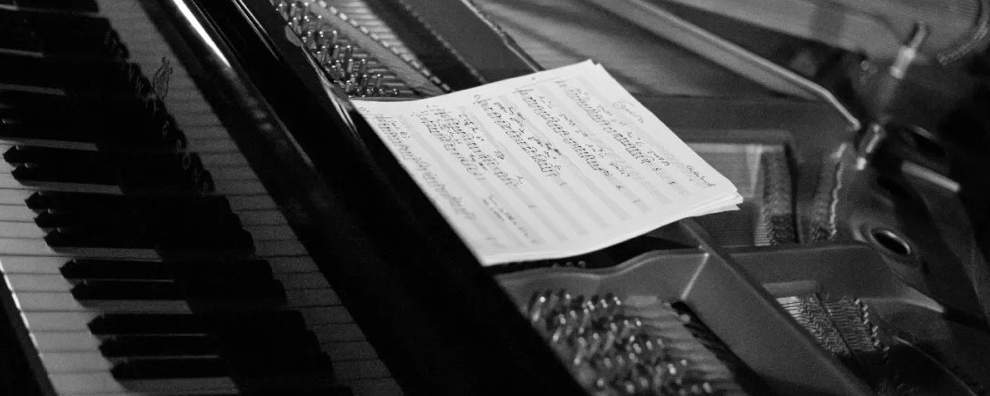另外两种android沉浸式状态栏实现思路
原文出处:http://www.jianshu.com/p/b100b64544f3
关于沉浸式状态栏相信大家都不陌生,IOS系统很早就有,android5.0及以后版本都支持给状态栏着色,而目前android主流版本还是4.4,网上通用实现4.4(API19)沉浸式状态栏也都是依赖于可以将状态栏变为透明的属性,再为其着色,主要实现代码:
@Override
protected void onCreate(Bundle savedInstanceState) {
super.onCreate(savedInstanceState);
setContentView(R.layout.activity_match_actionbar);
//只对api19以上版本有效
if (Build.VERSION.SDK_INT >= Build.VERSION_CODES.KITKAT) {
setTranslucentStatus(true);
}
//为状态栏着色
SystemBarTintManager tintManager = new SystemBarTintManager(this);
tintManager.setStatusBarTintEnabled(true);
tintManager.setStatusBarTintResource(R.color.statusbar_bg);
}
@TargetApi(19)
private void setTranslucentStatus(boolean on) {
Window win = getWindow();
WindowManager.LayoutParams winParams = win.getAttributes();
final int bits = WindowManager.LayoutParams.FLAG_TRANSLUCENT_STATUS;
if (on) {
winParams.flags |= bits;
} else {
winParams.flags &= ~bits;
}
win.setAttributes(winParams);
}
再在根布局添加以下两个属性:
android:fitsSystemWindows="true"
android:clipToPadding="false"
这样就可以了,以上着色使用了SystemBarTint。
为什么我要寻找其他的方案?
面对大多数的界面自然是没有多大问题,但是针对类似QQ这种侧滑的界面,如图:

我的手机系统版本是4.4的,如果想做成QQ侧滑背景这样的效果,使用上面的方案就变成了这样

这样出来的效果就会很丑,于是才有了改进版的方案,不知QQ是否是这样做的。
除了上述的缺陷以外,还有一点看着不是很舒服,就是当我使用抽屉菜单或者滑动返回效果的时候是这样的

状态栏并没有阴影效果
我想要的效果是这样的

状态栏也会跟着一起滑动
第一种思路
自定义一个状态栏,不能添加“ android:fitsSystemWindows="true"
”这个属性,不然无法填充到状态栏,如下
<?xml version="1.0" encoding="utf-8"?>
<LinearLayout xmlns:android="http://schemas.android.com/apk/res/android"
android:layout_width="match_parent"
android:layout_height="match_parent"
android:background="@color/colorAccent"
android:orientation="vertical">
<View
android:id="@+id/status_bar"
android:layout_width="match_parent"
android:layout_height="20dp"/>
<FrameLayout
android:layout_width="match_parent"
android:layout_height="match_parent"/>
</LinearLayout>
在到代码中判断
@Override
protected void onCreate(Bundle savedInstanceState) {
super.onCreate(savedInstanceState);
View statusBar = findViewById(R.id.status_bar);
setContentView(R.layout.activity_test);
//判断SDK版本是否大于等于19,大于就让他显示,小于就要隐藏,不然低版本会多出来一个
if (Build.VERSION.SDK_INT >= Build.VERSION_CODES.KITKAT) {
setTranslucentStatus(true);
statusBar.setVisibility(View.VISIBLE);
//还有设置View的高度,因为每个型号的手机状态栏高度都不相同
}else{
statusBar.setVisibility(View.GONE);
}
}
@TargetApi(19)
private void setTranslucentStatus(boolean on) {
Window win = getWindow();
WindowManager.LayoutParams winParams = win.getAttributes();
final int bits = WindowManager.LayoutParams.FLAG_TRANSLUCENT_STATUS;
if (on) {
winParams.flags |= bits;
} else {
winParams.flags &= ~bits;
}
win.setAttributes(winParams);
}
其实,这样已经解决了我上面提出的两个问题
第二种实现方案
第二种方案是为了解决第一种方案中遇到的奇葩问题,设置了透明属性的界面(聊天及底下评论的框框)不能被系统输入法顶上去,之前写过一篇Android 聊天界面背景图片被输入法“顶上去”问题解析,现在遇到的就是无论如何聊天的输入框都不能被系统输入法顶上去(就是打字看不到输入框),经过一番测试,发现竟然和“ android:fitsSystemWindows="true"
”这个属性有关,加上去输入框就没问题,但自定义的状态栏不能被填充到真正的状态栏位置

陷入了两难的境地,加还是不加都有问题,而且都特别明显,说了半天,来看看第二种方案。
<?xml version="1.0" encoding="utf-8"?>
<RelativeLayout
xmlns:android="http://schemas.android.com/apk/res/android"
xmlns:tools="http://schemas.android.com/tools"
android:layout_width="match_parent"
android:layout_height="match_parent"
android:background="@android:color/holo_green_light"
android:fitsSystemWindows="true"
tools:context="com.saidtx.myapplication.TestActivity">
<ScrollView
android:layout_width="match_parent"
android:layout_height="match_parent"
android:layout_above="@+id/edit"
android:background="@android:color/white">
<LinearLayout
android:layout_width="match_parent"
android:layout_height="wrap_content">
<TextView
android:layout_width="match_parent"
android:layout_height="wrap_content"
android:gravity="center"
android:padding="20dp"
android:text="@string/previews"/>
</LinearLayout>
</ScrollView>
<LinearLayout
android:id="@+id/edit"
android:layout_width="match_parent"
android:layout_height="wrap_content"
android:layout_alignParentBottom="true"
android:background="@android:color/white">
<EditText
android:layout_width="match_parent"
android:layout_height="wrap_content"/>
</LinearLayout>
</RelativeLayout>
关键在于下面两个属性,还有需要在其他子布局添加背景,不然就跟随了最外层的背景,代码部分还是采用网上通用方案,只是不需要自定义的状态栏了,也不需要计算状态栏的高度
android:fitsSystemWindows="true"
android:background="@android:color/holo_green_light"

最终效果
问题虽然解决了,却还是不明白其中的原由,希望有心人解惑





